13 GPTs for Editorial Revision Powered by AI for Free of 2025
AI GPTs (Generative Pre-trained Transformers) for Editorial Revision are advanced tools that utilize artificial intelligence to assist in various editing tasks, ranging from simple grammar checks to complex narrative development. These tools leverage the power of GPTs to understand and process natural language, making them highly effective for tasks related to editorial revision. Their relevance in the editorial domain is profound as they offer tailored solutions that enhance writing quality, coherence, and stylistic precision, thereby streamlining the editorial process.
Top 10 GPTs for Editorial Revision are: Witty Wordsmith,No More Delve,Word Tuner (for Book Writers) 📚,Medium Muse,Blog Cleanup Optimizer,Thesaurus Assist AI,Word Frequency Counter,Ghostwriter,Synonym Visualizer,Cliché meaning?
Witty Wordsmith
Elevate Your Writing with AI Expertise

No More Delve
Strip Jargon with AI-Powered Precision

Word Tuner (for Book Writers) 📚
Revolutionize Your Writing with AI

Medium Muse
Craft with AI, Create with Ease
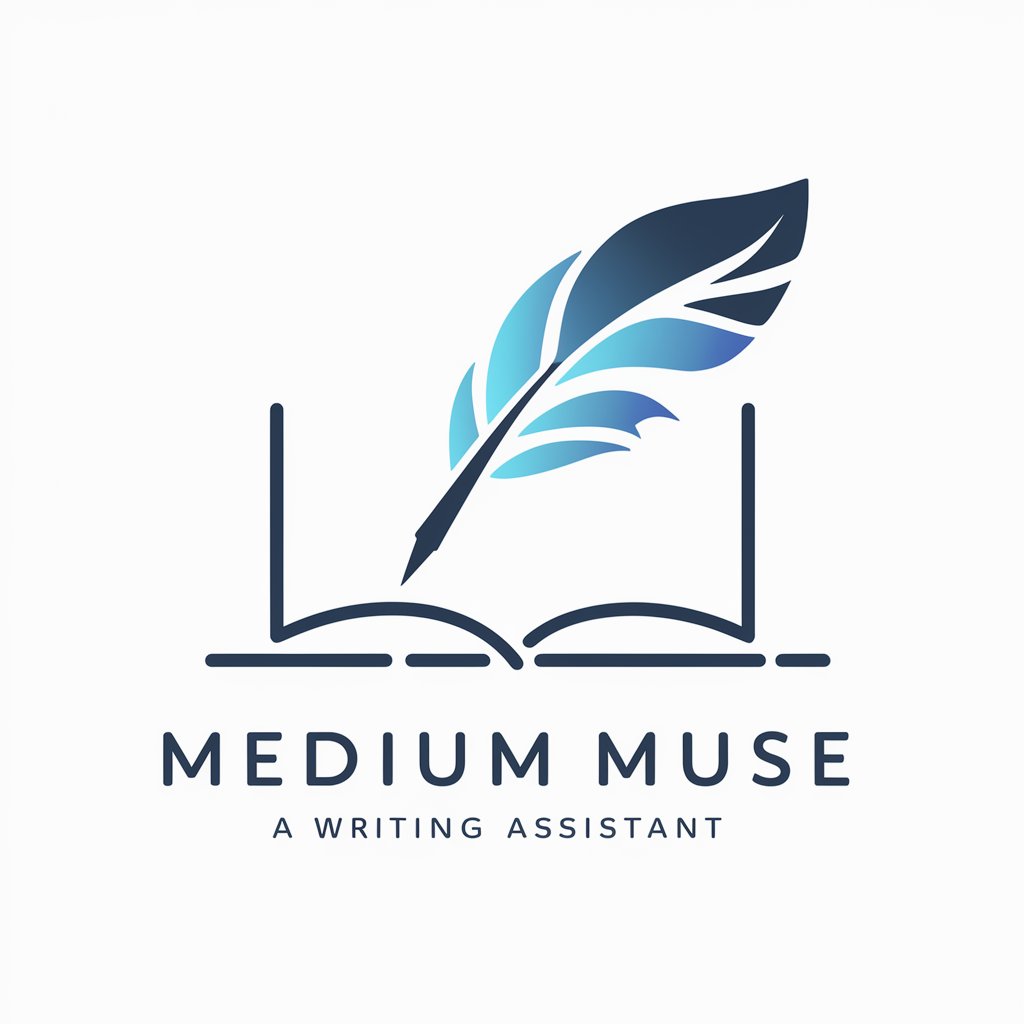
Blog Cleanup Optimizer
Transform Speech into Engaging Blogs with AI

Thesaurus Assist AI
Enhance your writing with AI-powered synonym suggestions.
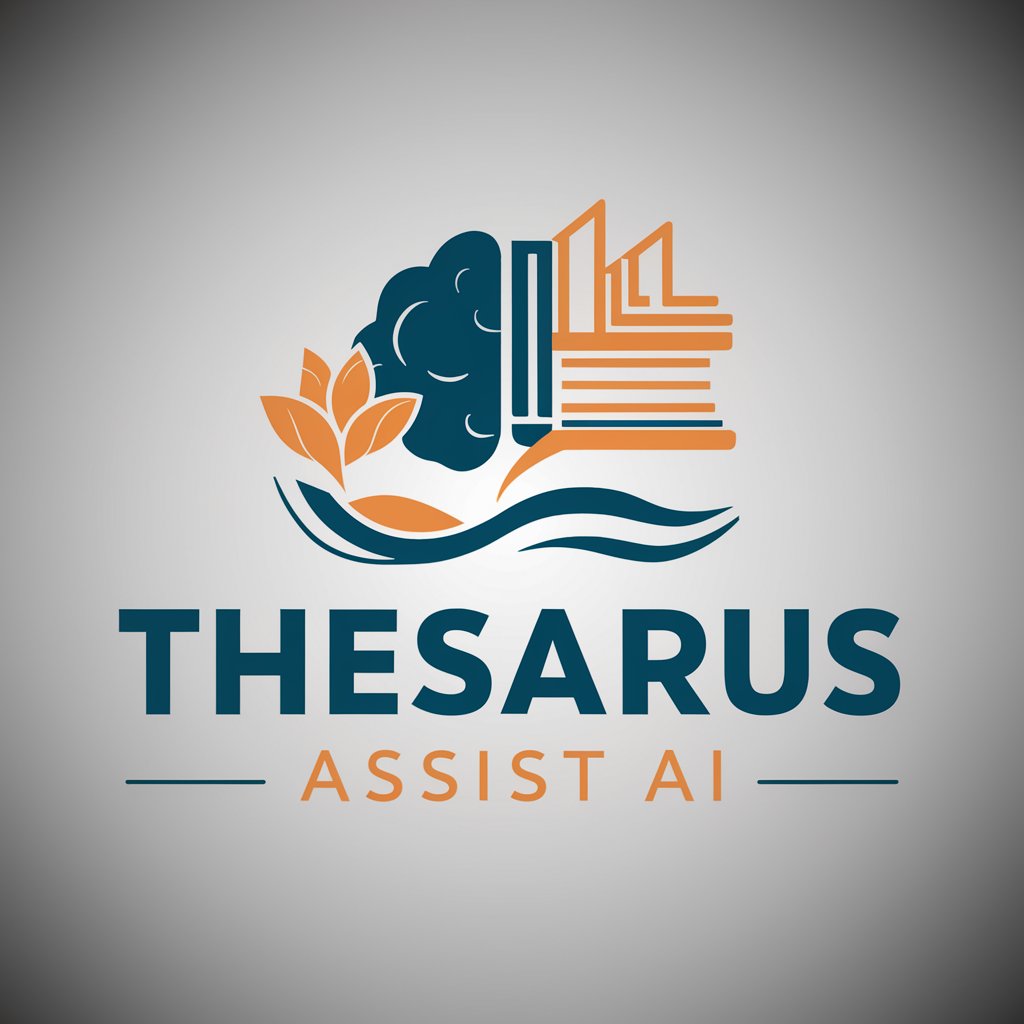
Word Frequency Counter
Unlock Insights with AI-Powered Word Analysis

Ghostwriter
Power your writing with AI

Synonym Visualizer
See the difference in synonyms, powered by AI

Cliché meaning?
Revitalize Your Text with AI-Powered Cliché Insights

Chapter Critique Expert
Refining narratives with AI-powered critiques.
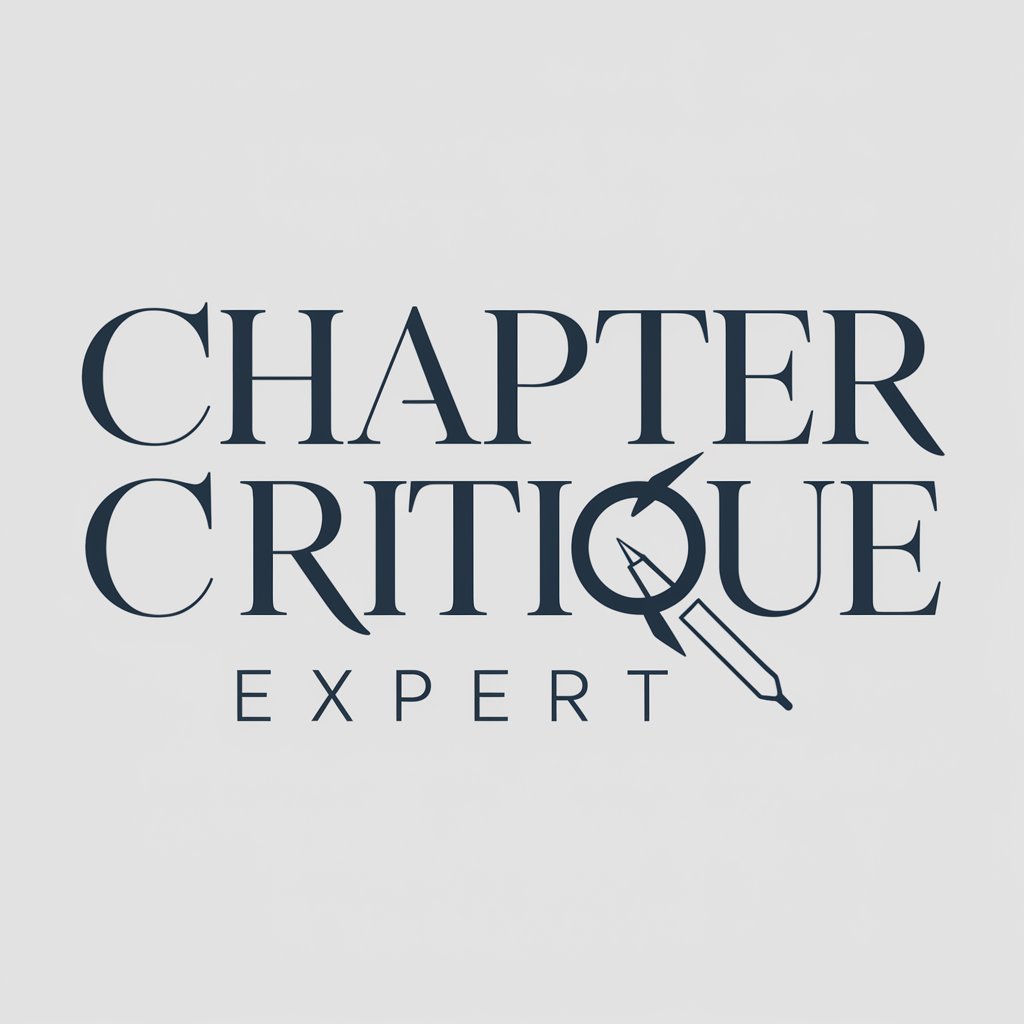
Adverbs and Descriptive Adjective
Enhance Your Language with AI
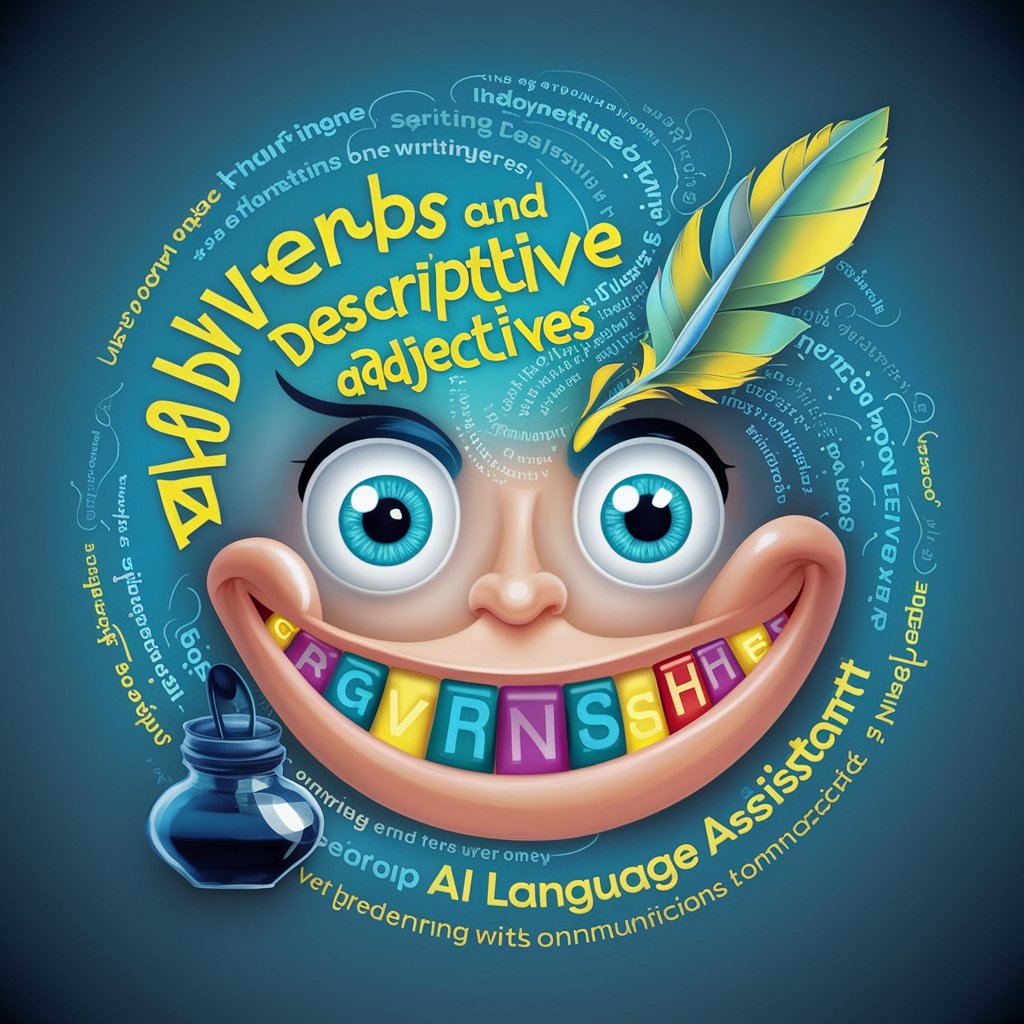
Vocabulary Virtuoso
Elevate Your Writing with AI-Powered Linguistic Expertise
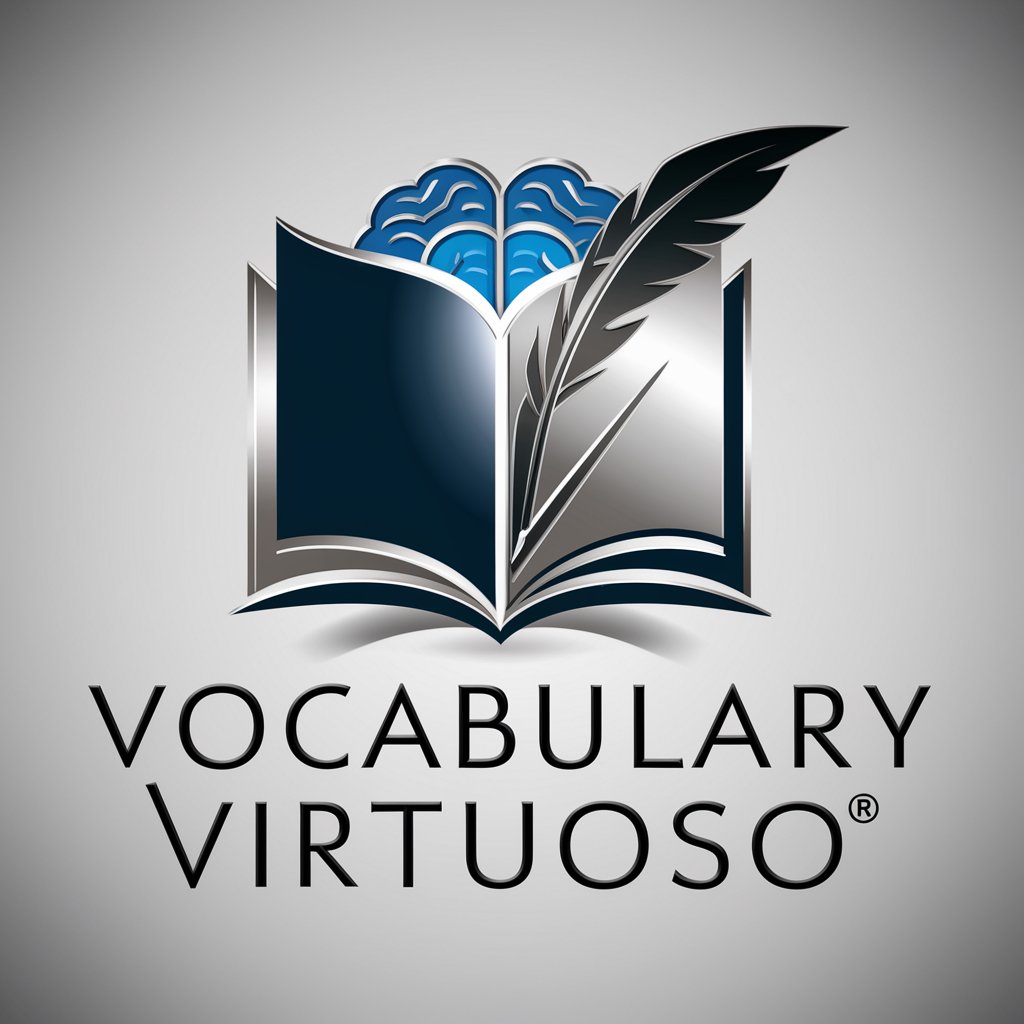
Key Attributes and Functions
AI GPTs for Editorial Revision boast a suite of unique features designed to cater to a wide range of editing needs. These include advanced language understanding for grammar and style corrections, adaptability to various writing tones and styles, technical support for specific editorial standards, and capabilities for web searching, image creation, and data analysis. Special features also encompass learning from feedback to improve over time, making these tools not only versatile but also increasingly efficient.
Intended Users of Editorial AI Tools
The primary users of AI GPTs for Editorial Revision span from novices to professionals in the writing and editing fields. These tools are accessible to individuals without programming skills, offering intuitive interfaces for straightforward tasks. Additionally, they provide extensive customization options for developers and technical users, allowing for more sophisticated applications tailored to specific editorial requirements.
Try Our other AI GPTs tools for Free
Information Sharing
Discover how AI GPTs for Information Sharing are revolutionizing the way we create, analyze, and disseminate information with advanced AI capabilities tailored for efficiency and accuracy.
Visual Effects
Discover how AI GPTs are transforming the visual effects industry with innovative solutions that automate tasks, enhance creativity, and streamline workflows for professionals and novices alike.
Casting Assistance
Discover how AI GPTs for Casting Assistance transform the talent scouting process with innovative technology, making casting efficient, accurate, and accessible to all.
Daily Horoscopes
Discover personalized daily horoscopes powered by AI. Explore how our advanced GPT tools offer tailored astrological insights and predictions.
Space Harmonization
Discover AI-powered Space Harmonization tools, designed to transform your approach to space design with innovative, tailored solutions for every spatial challenge.
Consultation Aid
Discover how AI GPTs for Consultation Aid revolutionize advice-giving across fields with personalized, efficient, and scalable solutions.
Enhanced Editorial Solutions with AI
AI GPTs provide customized solutions across different sectors, particularly in editorial revision. They feature user-friendly interfaces and can be integrated with existing systems, significantly improving editing efficiency and content quality. These tools represent a significant advancement in the field, offering both precision and adaptability to meet diverse editorial needs.
Frequently Asked Questions
What exactly are AI GPTs for Editorial Revision?
AI GPTs for Editorial Revision are artificial intelligence tools designed to assist in editing tasks, utilizing natural language processing capabilities to improve writing quality and coherence.
Can these tools adapt to different writing styles?
Yes, these AI tools are capable of adapting to various writing styles and tones, making them suitable for a wide range of editorial needs.
Do I need programming skills to use these tools?
No, these tools are designed to be user-friendly for those without programming expertise, though they also offer customization options for more technical users.
How do these tools improve over time?
AI GPTs for Editorial Revision can learn from feedback and past edits, allowing them to improve their accuracy and effectiveness over time.
Can these tools support specific editorial standards?
Yes, they can be tailored to adhere to specific editorial guidelines and standards, ensuring compliance with desired writing practices.
Are these tools capable of creating images or conducting web searches?
Certain AI GPTs come with additional capabilities such as image creation and web searching, expanding their utility beyond mere text editing.
How do these AI tools benefit professional editors?
Professional editors can leverage these tools to streamline the editing process, enhance writing quality, and efficiently manage larger volumes of content.
Can AI GPTs for Editorial Revision integrate with existing systems?
Yes, with the proper customization, these tools can integrate with existing editorial systems or workflows, enhancing productivity and workflow efficiency.